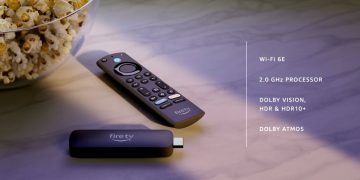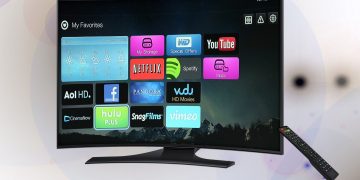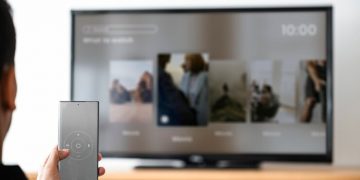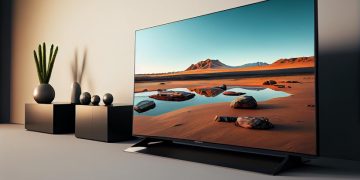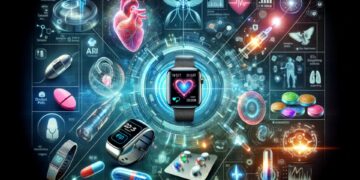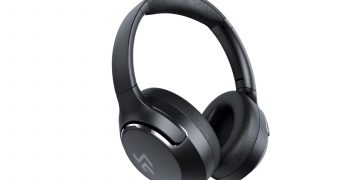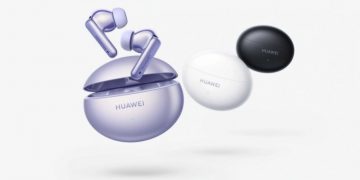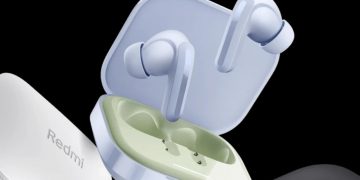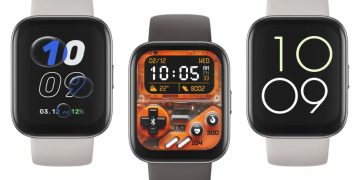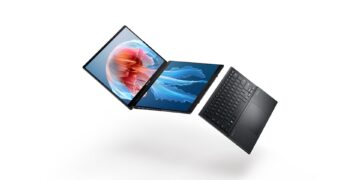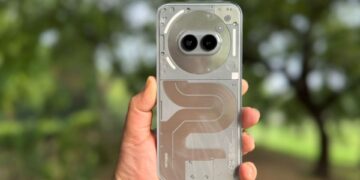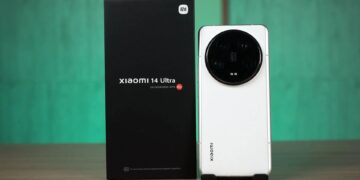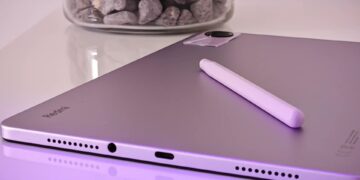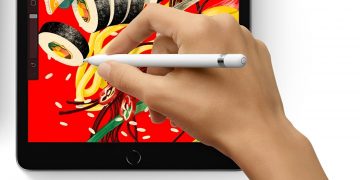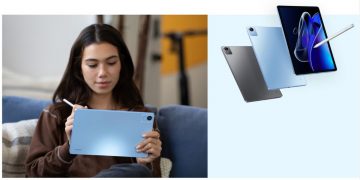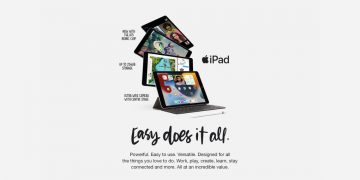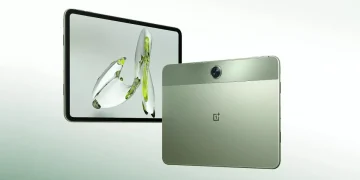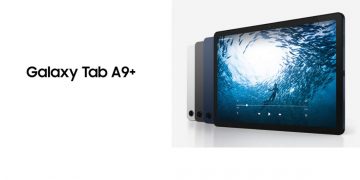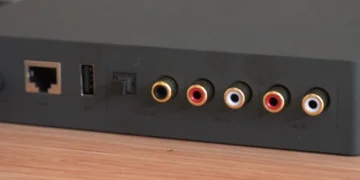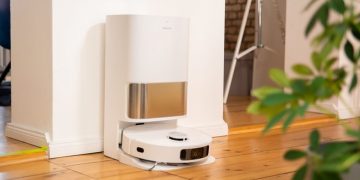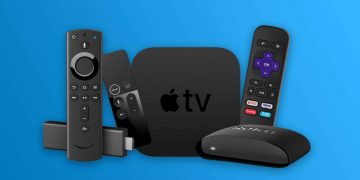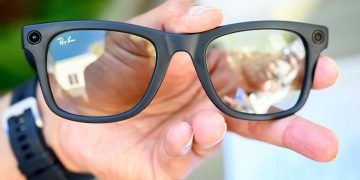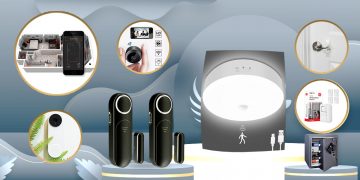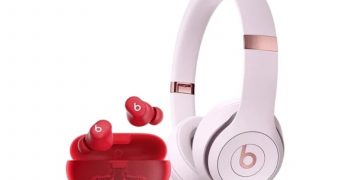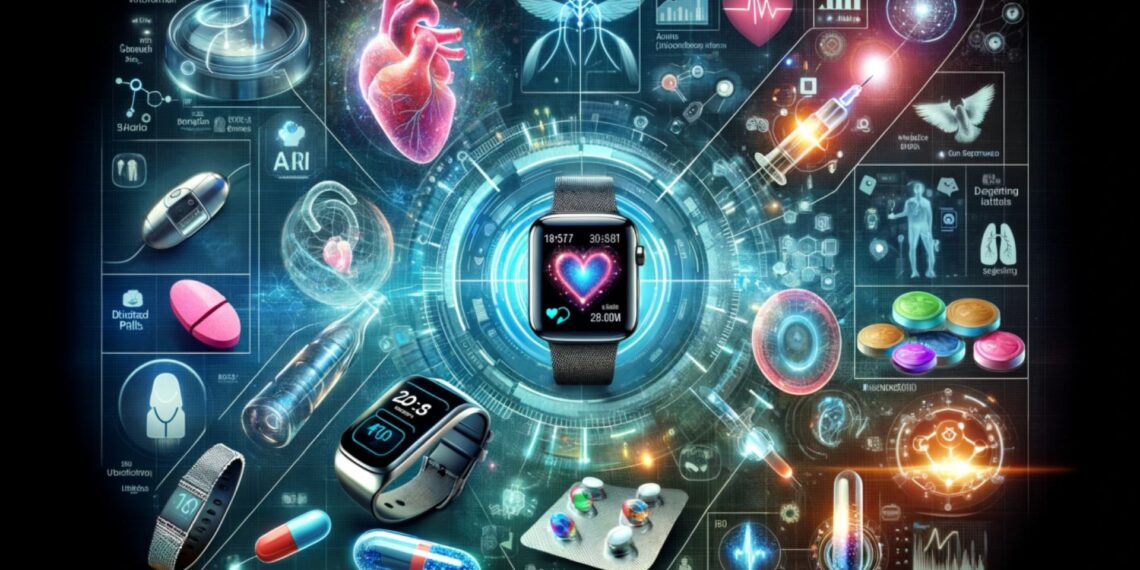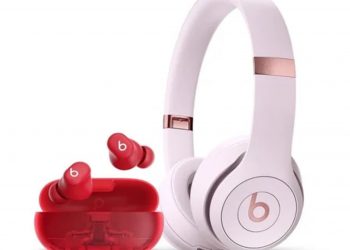The healthcare industry is going through a significant change. The days of only using spot checks and hospital visits to keep an eye on our health are long gone. Wearable technology is the way of the future; these discreet companions follow our health constantly and provide a window into a world of real-time health monitoring.
Beyond Fitness Trackers: Wearable Technology and Healthcare
The popularity of wearable technology has skyrocketed, and fitness trackers are now commonplace. However, wearables have much more in store than just tracking steps. Imagine a world in which a subtle patch measures your blood sugar levels and notifies you of potential consequences from diabetes, or where a wristwatch monitors your heart rate for symptoms of arrhythmia as wearable technology. These are but a few instances of how wearable health monitoring devices have the potential to completely transform the medical field.
The Power of Real-Time Data with Wearable Technology: Early Detection and Preventive Care
The capacity of wearable technology to gather real-time health data is what gives them their actual power. Compared to conventional, point-in-time measures, this ongoing flow of data provides a far more complete picture of an individual’s health. Potential health problems can be identified early on. A wristwatch that tracks heart rate variability (HRV), for example, should be able to identify minute variations that could signal the onset of a disease, enabling early treatment and possibly better results with wearable technology.
Does Wearable Technology Improve Health? The Evidence is Mounting
Although research on wearable technology’s long-term effects on health outcomes is ongoing, preliminary findings from studies indicate encouraging outcomes. The potential of wearables to enhance medication adherence, manage chronic illnesses, and encourage healthy lifestyle changes was emphasized in a recent evaluation of wearable technology and data gathering issues for linked health [cite the review].
Beyond the Clinic: Decentralizing Healthcare with wearable technology
With the help of wearable technology, healthcare might become more accessible outside of clinics. Envision a situation where a wearable technology gadget is used to remotely monitor a patient suffering from heart failure. This would enable prompt modifications to medicine or lifestyle advice. Patients are given greater control over their health thanks to this decentralized healthcare model, which may lower readmission rates to hospitals and total medical expenses.
Challenges and Considerations of Wearable Technology: Privacy, Security, and Data Overload
Wearable medical technology has a promising future, but there are still issues to be resolved. wearable technology captures sensitive health data, raising serious privacy issues. Strong security protocols are necessary to guarantee the privacy of this data. Furthermore, both patients and medical professionals may find it stressful to deal with the vast amount of data produced by wearables. To turn this data into insights that can be put into practice, efficient data management and analysis technologies are essential.
The Human Touch: Wearable Technology as Tools, Not Replacements
It’s critical to keep in mind that wearable technology is an adjunct to conventional medical care, not a substitute for it. The diagnostic and tailored guidance provided by a physician possesses an incomparable human element. wearable technology, however, can provide patients with the information they need to take a more active role in their healthcare.
In summary, wearable technology will surely shape healthcare in the future. These inconspicuous gadgets might completely change the way we track our health and open the door to a future in which healthcare is proactive, individualized, and data-driven. Wearable medical devices will be a more useful tool for patients and healthcare providers as technology advances and these issues are resolved, helping to build a healthier future together.



